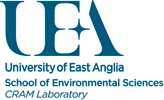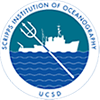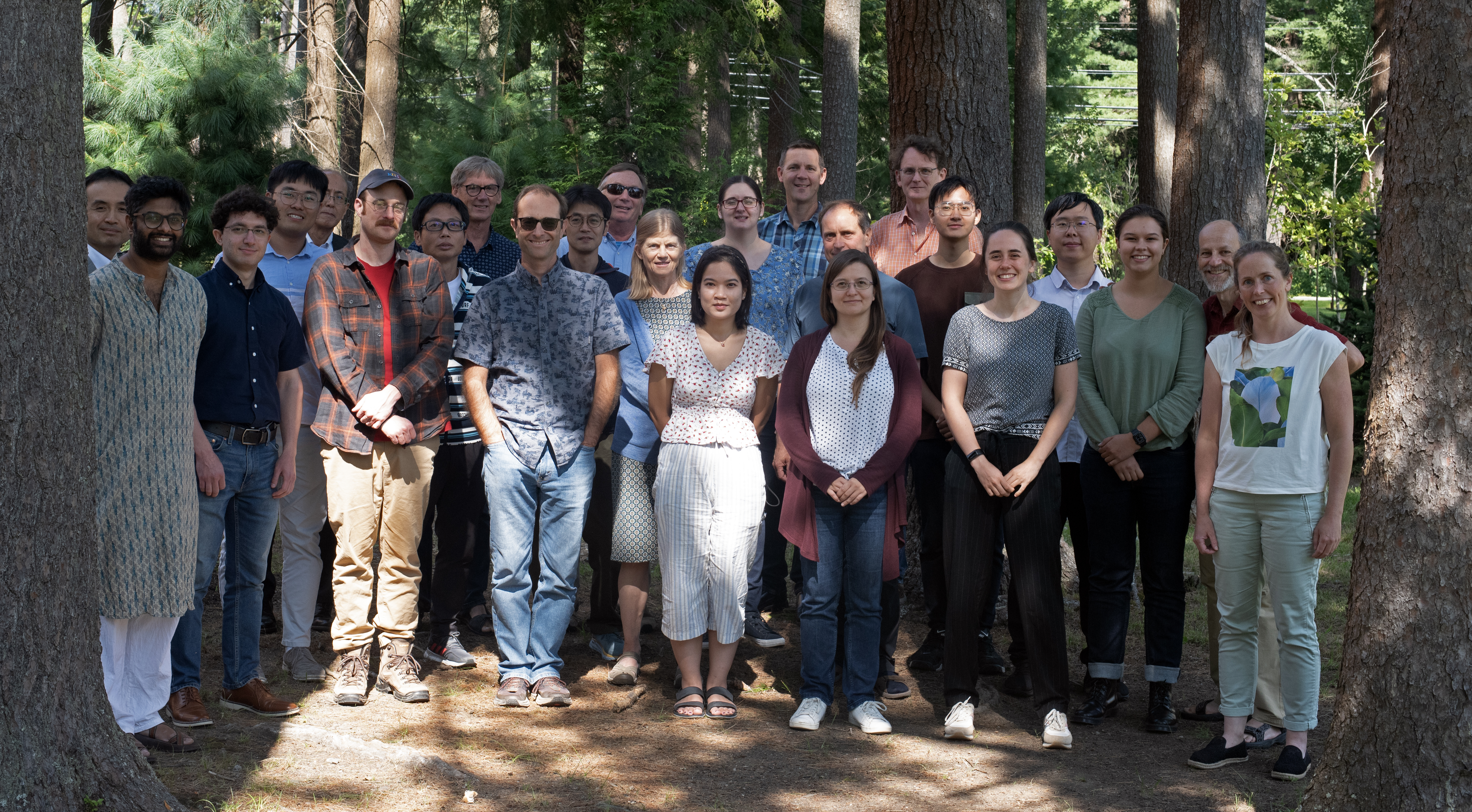This workshop was held over 3 days from 23-25 August 2023, hosted by Mark Battle, at Bowdoin College, Brunswick, Maine, U.S.A. There were 26 oral presentations, one poster (from a participant unable to attend in-person), and lots of engaging discussion among the 24 in-person participants, and several people engaging online.
Below you can find links to the Workshop abstracts, agenda, and PDFs of the presentations.
| Wednesday 23rd August 2023 |
|
Ralph Keeling
Scripps Institution of Oceanography, UCSD, USA |
An overview of opportunities and challenges for atmospheric O2/N2 measurements |
John Miller
NOAA Global Monitoring Laboratory, USA |
What can we learn from measurements of 13C:12C and 14C:C in atmospheric CO2? |
Tim Lueker
Scripps Institution of Oceanography, UCSD, USA |
Improvements to reference gas cylinder production and calibration at Scripps |
Nobuyuki Aoki
National Metrology Institute of Japan / National Institute of Advanced Industrial Science and Technology, Japan |
Evaluation of an influence of the atmospheric minor components on the precise atmospheric oxygen measurements
|
Edie Salzig
Bowdoin College, USA |
Improving the Precision of the Bowdoin/Harvard Forest Dataset ex post facto
|
Markus Eritt
ICOS Central Analytical Laboratory, Germany |
O2/N2 measurements in the ICOS network
|
Andrew Manning
University of East Anglia, UK |
Results from the “GOLLUM” intercomparison programme
|
Ingrid Luijkx
Wageningen University / University of Groningen, The Netherlands |
Using atmospheric oxygen in the global carbon budget and monitoring systems
|
Elena Kozlova (presented by Andy Watson)
University of Exeter, UK |
What can Atmospheric Potential Oxygen tell us about the ocean carbon sink?
|
Nico Mayot (presented by Andrew Manning)
University of East Anglia, UK |
Global budget imbalances in O2 and APO, and Constraining the Southern Ocean CO2 sink variability with observation-based O2 fluxes
|
Mark Battle
Bowdoin College, USA |
Toward a more complete O2 budget: The impact of processing metal oxides and sulfur |
| Thursday 24th August 2023 |
|
Britt Stephens
National Centre for Atmospheric Research, USA |
The APO Forward Model Intercomparison Experiment
|
Changyu Li
Lanzhou University, China |
Air-sea O2 flux and its influence on the ocean oxygen cycle
|
Christian Rödenbeck (presented by Penelope Pickers)
Max Planck Institute for Biogeochemistry, Germany (University of East Anglia, UK) |
The suitability of atmospheric oxygen measurements to constrain Western European fossil-fuel CO2 emissions and their trends
|
Anh Tran
Max Planck Institute for Biogeochemistry, Germany |
Atmospheric oxygen measurements across the Atlantic Ocean
|
Yasunori Tohjima
National Institute for Environmental Studies, Japan |
Average seasonal cycles of atmospheric potential oxygen (APO) in the Pacific region: Possible autumn ocean O2 emissions
|
Cindy Nevison
University of Colorado Boulder, USA |
Diverging trends in the APO seasonal cycle at northern high latitudes in the SIO Network: A tale of three sites
|
Eric Morgan
Scripps Institution of Oceanography, UCSD, USA |
Changes in the Seasonal Cycle of APO at Cold Bay, Alaska
|
Ralph Keeling
Scripps Institution of Oceanography, UCSD, USA |
Decadal variability and long-term trend in the northern APO deficit
|
Yunming Jin
Scripps Institution of Oceanography, UCSD, USA |
Seasonal Air-sea Atmospheric Potential Oxygen Flux Inferred from Global Airborne Observations
|
| Shigeyuki Ishidoya
National Institute of Advanced Industrial Science and Technology, Japan |
Interannual variations in δ(APO) and δ(Ar/N2) at the surface and gravitational separation in the stratosphere
|
Daisuke Goto
National Institute of Polar Research, Japan |
Short-term and long-term variations of the atmospheric CO2 and O2 observed at Ny-Ålesund, Svalbard |
| Friday 25th August 2023 |
|
Karina Adcock
University of East Anglia, UK |
Continuous measurements of atmospheric oxygen in the United Kingdom
|
Kim Faassen
Wageningen University, The Netherlands |
Evaluation of the diurnal cycle of O2 and CO2 above the canopy of a forest and its application to further constrain the forest carbon balance
|
Alexander Knohl (presented by Andrew Manning)
University of Göttingen (University of East Anglia, UK) |
What can ecosystem-scale oxygen measurements tell us about the terrestrial carbon cycle?
|
Bharat Rastogi
University of Colorado Boulder, USA |
Exploring the sensitivities atmospheric δ13C of CO2 measurements to constrain biomes’ drought stress
|
Xiaoyue Liu
Lanzhou University |
‘Urban Respiration’: Insights from O2 Measurements |


